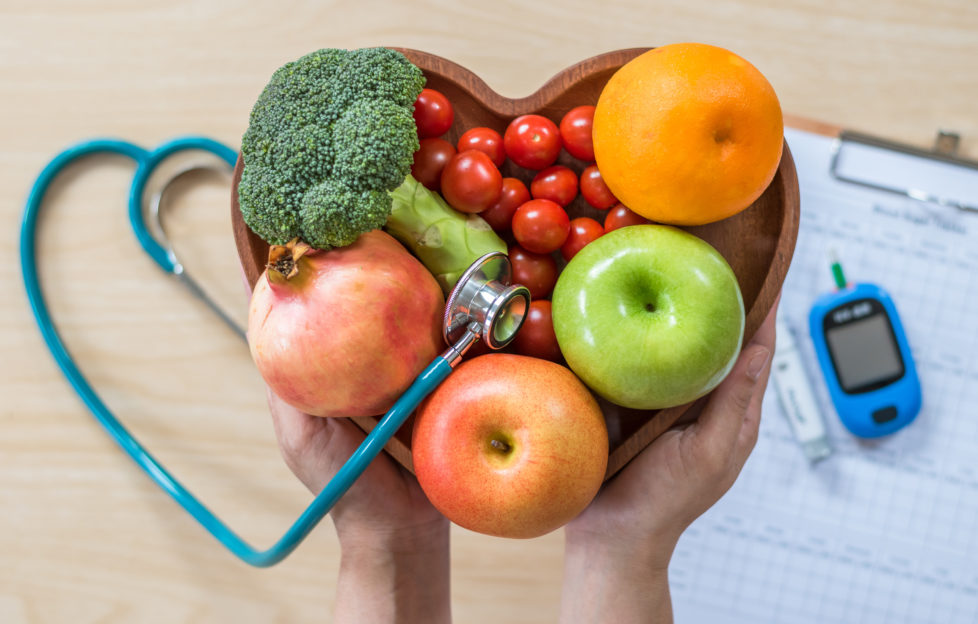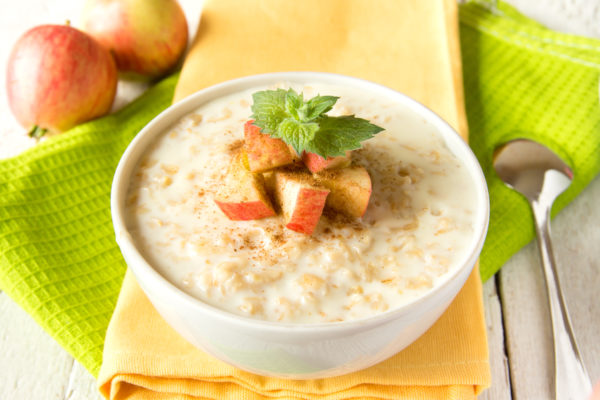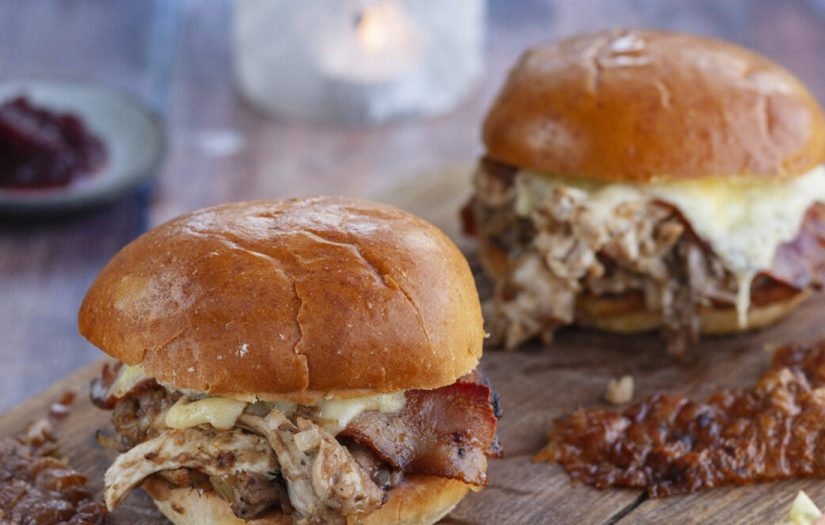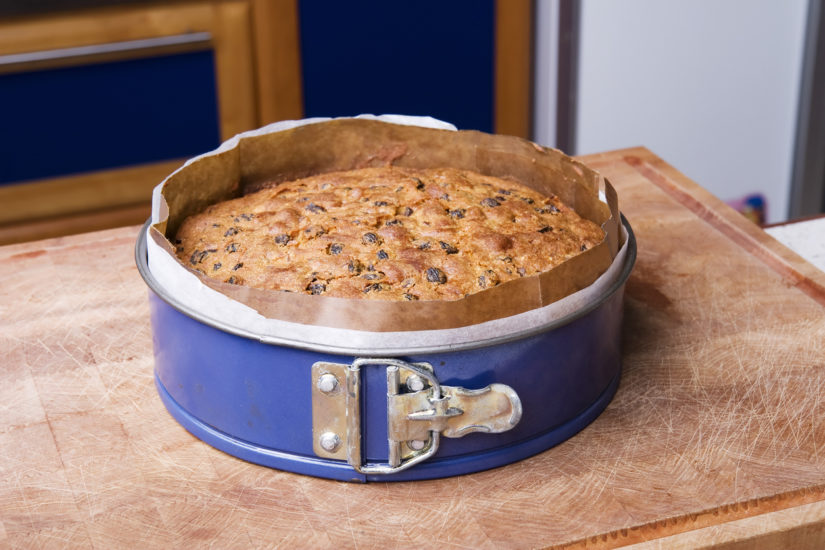 Shutterstock / Chinnapong©
Shutterstock / Chinnapong©The trouble with high cholesterol is that there are no symptoms — you may not know you have it.
The NHS advises you ask your GP for a simple blood test if “you have not had a test before and you’re over forty, overweight, or high cholesterol or heart problems run in your family”.
The test just involves taking a small sample of blood from your finger or your arm (you might be asked to skip breakfast first).
Your results will depend on your genes and your age, as well as your lifestyle. But once you know your numbers, you can start taking positive action.
We’ve rounded up a few ideas from our health experts on how you can tackle high cholesterol.
Tips to try:
Switch good fats for bad
All the science points at “transfats” as the worst possible kind of fat in your diet. It’s the sort of fat you find in fried and processed foods, margarines, cakes, pies, pizzas and biscuits.
Transfats raise LDL (the “bad” cholesterol which clogs the arteries) and lower HDL (the good cholesterol which helps clear cholesterol).
Avoid anything with “partially hydrogenated oil” on the label. Switch to healthy omega-3 fats in oily fish (salmon and sardines) and olive oil instead.
Regular activity
Regular activity helps raise HDL and improve LDL and triglyceride (blood fat) levels. The best news is, there’s no need to join a gym or start lifting weights (unless you want to).
Studies show ANY kind of regular activity helps.
If it has been a while since you’ve done much in the way of fitness, start with gentle exercise.
Reduce alcohol intake
A few drinks every now and then might raise HDL levels by increasing the speed at which proteins are transported through the body.
But regular drinking (every day, for instance) has the opposite effect, raising cholesterol levels. So aim to cut back.
Why not make a pact to have a few drinks only at weekends, or only when you’re with people and sharing a social occasion?
Learn to relax
If you’re stressed, your LDL cholesterol levels can go through the roof, so factor a dose of relaxing downtime into your day.
Join a yoga class, practise deep breathing, and open your mind to the whole idea of mindfulness.
If nothing else, aim to do whatever it takes to make sure you laugh a little more, because a good giggle has been shown to increase levels of the “good” cholesterol HDL.
More meat-free meals
The best way to avoid cholesterol levels getting too high is to cut back on red meat, which tends to be packed with saturated fat.
No need to go fully vegan, but it’s healthy to switch to a “plant-based” approach, which shifts meat from centre stage for each meal and puts the focus on vegetables and fruit instead.

Shutterstock.
Oats and pulses
The dietary fibre you get from a plate piled with vegetables is really good for keeping cholesterol levels in check. But you can boost the cholesterol-lowering impact by focusing on increasing your consumption of the “soluble” fibre called beta glucan found in oats and pulses (as well as apples and prunes).
This works in the gut to stop your body from absorbing cholesterol, carrying excess swiftly out of the body before it can do any harm.
For more health and wellbeing advice from “The People’s Friend”, click here.




